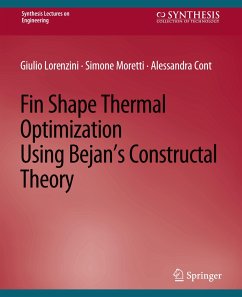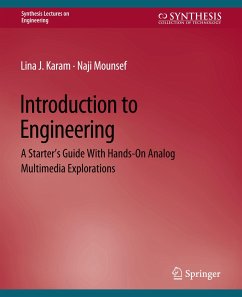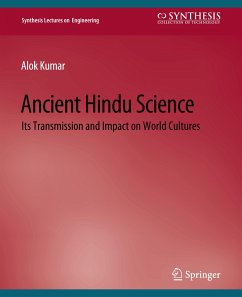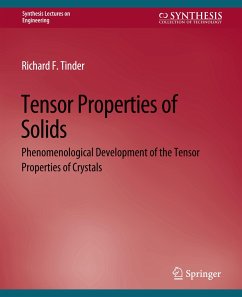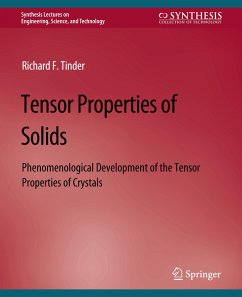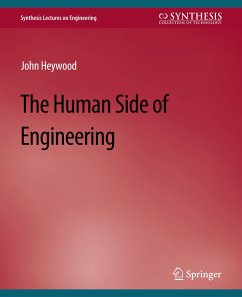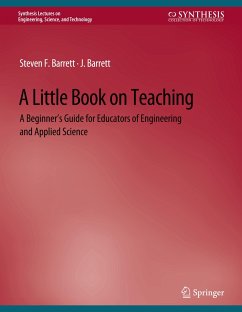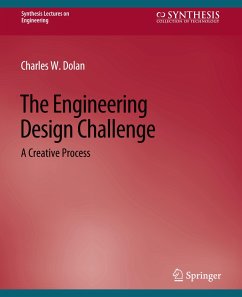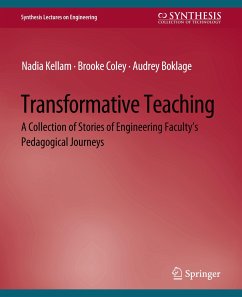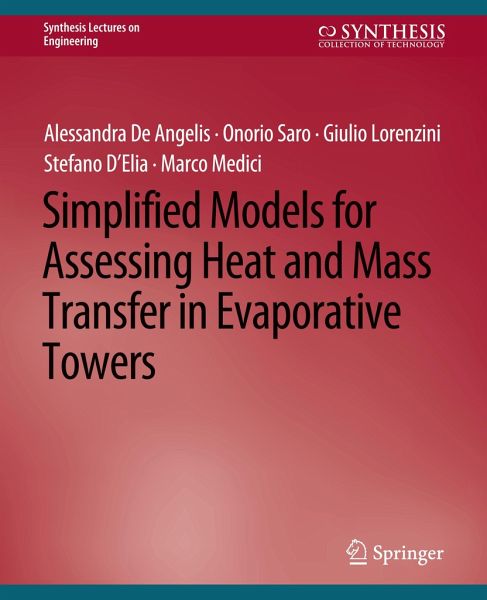
Simplified Models for Assessing Heat and Mass Transfer

PAYBACK Punkte
0 °P sammeln!
The aim of this book is to supply valid and reasonable parameters in order to guide the choice of the right model of industrial evaporative tower according to operating conditions which vary depending on the particular industrial context: power plants, chemical plants, food processing plants and other industrial facilities are characterized by specific assets and requirements that have to be satisfied. Evaporative cooling is increasingly employed each time a significant water flow at a temperature which does not greatly differ from ambient temperature is needed for removing a remarkable heat l...
The aim of this book is to supply valid and reasonable parameters in order to guide the choice of the right model of industrial evaporative tower according to operating conditions which vary depending on the particular industrial context: power plants, chemical plants, food processing plants and other industrial facilities are characterized by specific assets and requirements that have to be satisfied. Evaporative cooling is increasingly employed each time a significant water flow at a temperature which does not greatly differ from ambient temperature is needed for removing a remarkable heat load; its aim is to refrigerate a water flow through the partial evaporation of the same.



